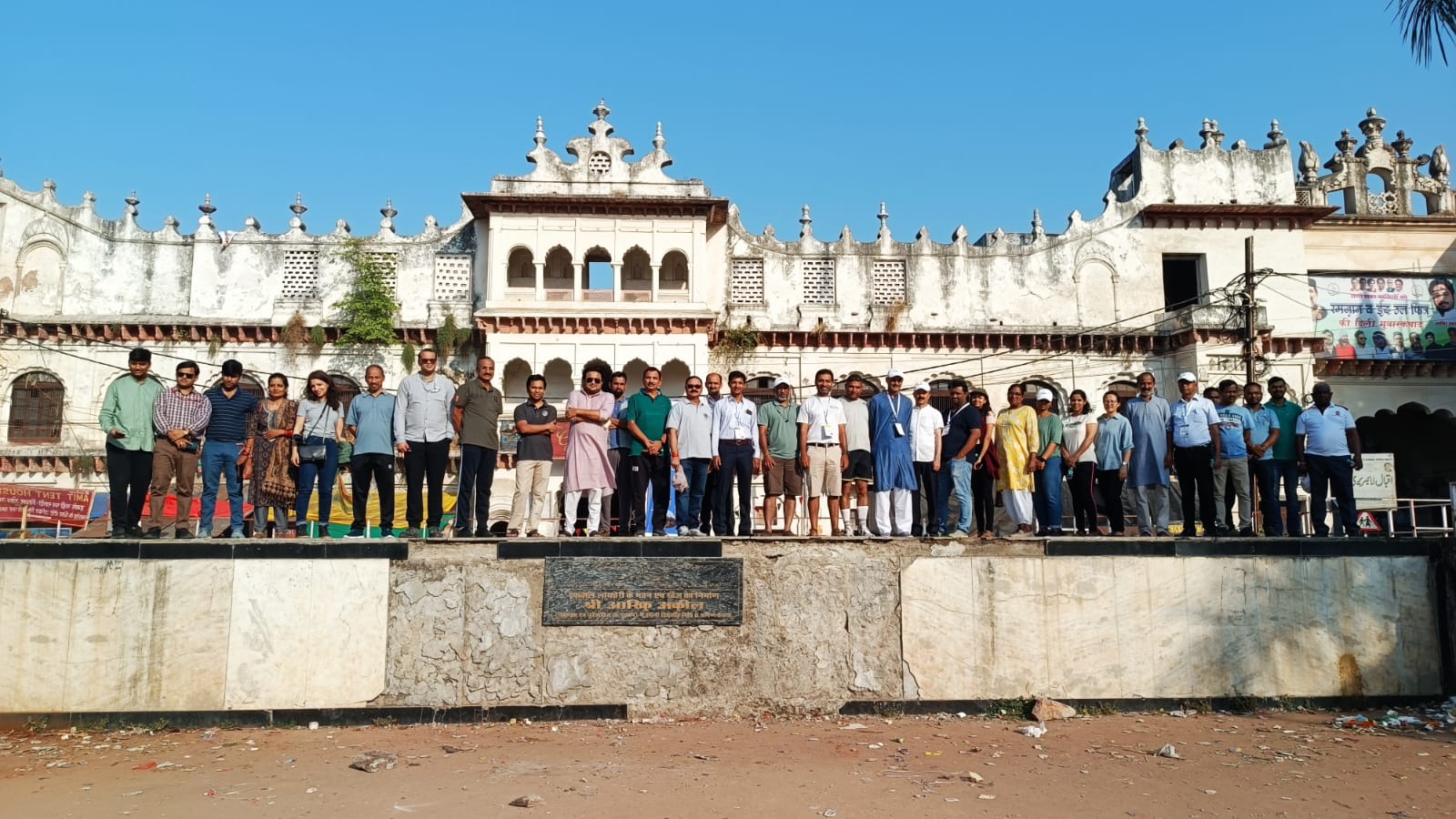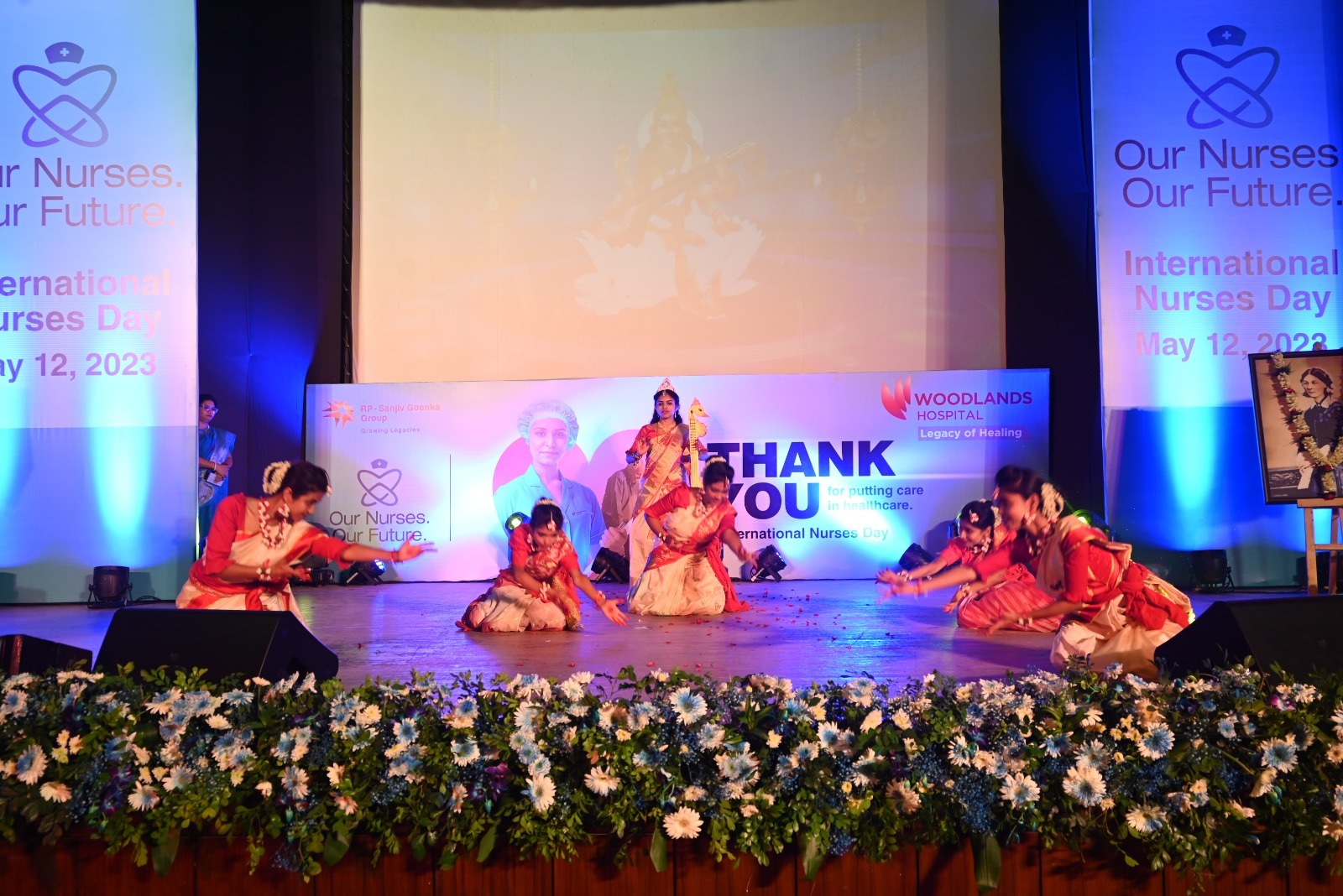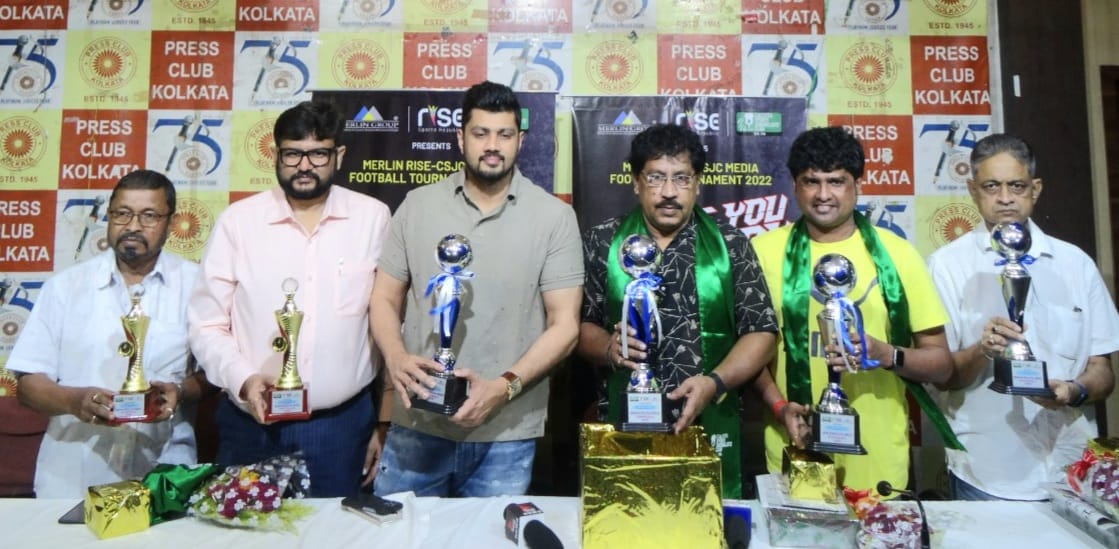World Heritage Conservation will get a new dimension from ‘The Bhopal Vision Statement’
- UNESCO sub-regional conference concludes
- Principal Secretary Shri Shukla expressed gratitude to the representatives
Bhopal. The two day UNESCO Sub Regional conference of conservation and development of heritage was concluded on Tuesday at the Khushabhau Thakre International Convention Centre Bhopal (Minto Hall). The UNESCO Sub-Regional Conference will be a conduit for innovations and best practices in heritage conservation around the world, including in the South Asian region. Bhopal has got recognition at the world level through the sub-regional conference. The document prepared from the ideological brainstorming of the conference will be called ‘The Bhopal Vision Statement’. This will give a new dimension to World Heritage conservation. The Statement emphasizes the role and active participation of local communities and civil society in World Heritage conservation. Along with this, important views and suggestions of representatives of South Asian countries have been included on important topics like impact of climate change on heritage, inclusion of traditional knowledge in modern practices etc. In this, sustainable development has been described as possible only through strong relations between people and heritage. The two-day sub-regional conference ended with a pledge to increase mutual coordination and cooperation for the conservation and development of cultural and natural heritage.
Principal Secretary Tourism and Culture and Managing Director MP Tourism Board Shri Sheo Shekhar Shukla expressed gratitude to the delegates who came to Bhopal to attend the conference and invited them to visit various tourist destinations of the state. Representatives from South Asian countries and various states thanked Madhya Pradesh Tourism and Culture for their hospitality and successful event. On this occasion, Additional Managing Director Shri Vivek Shrotriya, officials of Tourism and Culture Department, students of various educational institutions and representatives of civil society organizations were present.
The delegates got an insight of historical heritage of the city from the Heritage Walk
Cultural heritage helps us understand our past, our history and ancestors. It binds us together, also an integral part of our present and our future. A heritage walk was organized on Tuesday morning for the delegates attending the UNESCO Sub-Regional Conference to make them aware of the rich cultural heritage of Bhopal city. On the occasion of World Heritage Day, the delegates were informed about the city’s history, culture, heritage and natural beauty. The route of the walk started from Kamla Park, passing through Rajabhoj Setu, Gauhar Mahal, Indian Tea House and ended at Iqbal Maidan, Sadar Manzil. The delegates were informed about the city’s history, language, customs, architecture, art and diversity of cultures.
An exhibition was also facilitated at the venue with multiple stalls reflecting the heritage and culture of Madhya Pradesh which included stalls from MP Tourism Board, Directorate of Archaeology, Archives and Museums, MP, Archelogy Survey of India, Wall painting and Paper Mache, School of Planning and Architecture, Madhya Pradesh Tribal Museum and Mrignayanee (A series of local land loom sarees initiated by the Department of Culture, MP. (MP Govt Emporium)) .The visitors enthusiastically tried their hand at handlooms and also learned to make pottery.
The MP Tourism Stall highlighted its key features of the Responsible Tourism Mission including Responsible Souvenirs, Art and Crafts, Rural Tourism, Homestay schemes, project Humsafar and Safe Tourism Destinations for women and made the delegates and visitors aware about the schemes MP Tourism has introduced to promote and preserve the heritage of MP.
The second day of the event was graced by Shri Gunanka D.,IFS Joint Secretary, Planning department, Government of Meghalaya Additional Project Director, Meghalaya Community-Led Landscape Management Project, Dr. Shikha Jain, Director, DRONAH Foundation, India Sanjeev Shanker, Meghalaya River Basin Authority, India, Mr. December Khongsdam (Indigenous community member from Syrwet U, Barim Mariang Jingkieng Jri Cooperative Federation Ltd.), India, Dr. Vishakha Kawathekar, Head of Department, Dept. of Conservation, School of Planning and Architecture, Bhopal, India, Dr. Om Prakash Mishra, Heritage Expert, India and Mr. Janhwij Sharma, Additional Director General (World Heritage), Archaeological Survey of India (ASI), India.
Session 1- The first session was on World Heritage and Cultural Landscape moderated by Dr. Shikha Jain, Director, DRONAH Foundation, India where Mr. Sanjeev Shanker and Mr. December Khongsdam presented a session on Living Root Bridge Cultural Landscape Community and Science-based approach for Nurturing Sustainability.
The Relic Landscapes in India as World Heritage Sites – the Journey from Sensibility to Responsibility was presented by Dr. Vishakha Kawathekar and Dr. Om Prakash Mishra, MP Tourism.
Project ‘Mausam’ – Maritime Cultural Landscape – South Asia and beyond by Janhwij Sharma and Panel Discussions with Prof. Gamini Ranasinghe, Director General, Central Cultural Fund of Sri Lanka and Mr. Karma Tenzin, Executive Architect, Department of Culture and Dzongkha Development, Bhutan.
Session 2- The second session was on Historic Cities and Historic Urban Landscape which was moderated by Ms. Junhi Han, Chief of Culture, UNESCO New Delhi where Mr Nishant Upadhyay and Dr Rand Eppich discussed on UNESCO Historic Urban Landscape Pilot Project on Gwalior and Orchha followed by Historic City of Ahmedabad, the city of Heritage and Sustainable growth by Ar. Ashish Trambadia and concluded by Aga Khan and Khawaja Tausif Ahmad highlighting Achieving Sustainable Development through Urban Regeneration Project in Lahore.
Session 3- The third session was on Historic Cities and Historic Urban Landscape where Dr. Gautam Talukdar, Category II Centre of UNESCO, Wildlife Institute of India was the moderator and Dr. Vishakha Kawathekar discussed on Water Resource Management of Ancient India and its applicability for Preparedness of Climate Change followed by Climate Change and its impact on cultural heritage, by Mr. Munis Pandit.
The sessions were followed by a group discussion after which a Bhopal vision statement was drafted by Mr. Janhwij Sharma and Ms. Junhi Han.




